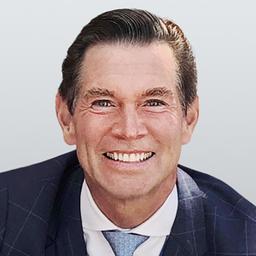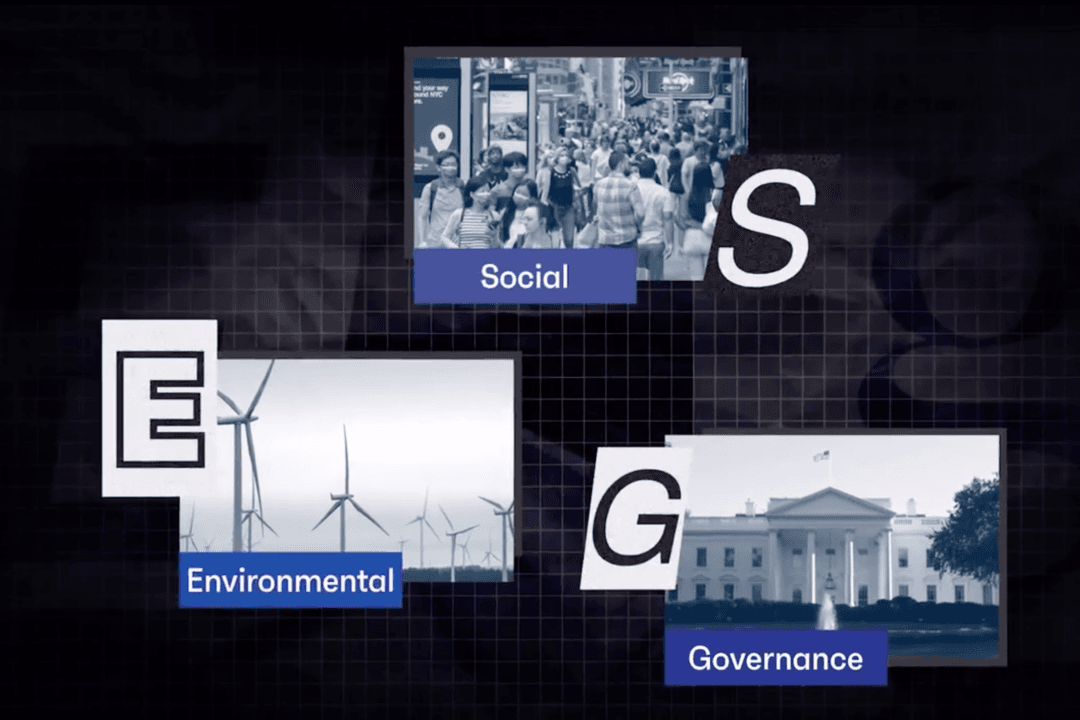Commentary
Last week, I joined a group of 1,500 concerned global citizens in London to address the defining paradox of our time. Despite living in an era of unparalleled material abundance and unsurpassed social freedoms, millions of citizens and voters increasingly believe that it’s time to change course. Young men, and women in particular, want to abandon the form of democratically guided, market-based capitalism that has made the world wealthier, healthier, more educated, and freer than ever before because their personal futures seem impossibly bleak.



